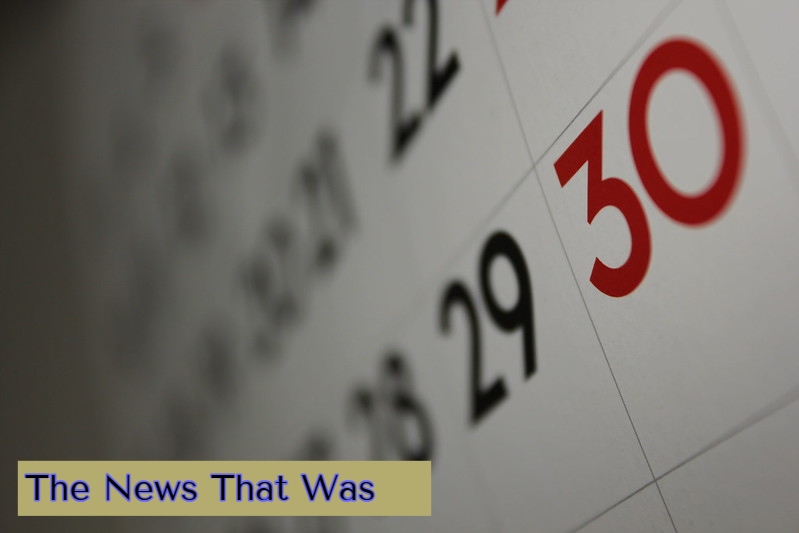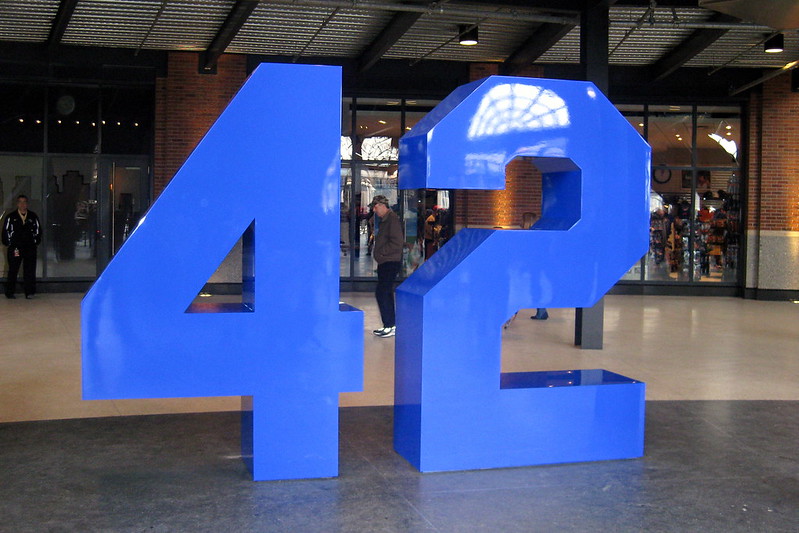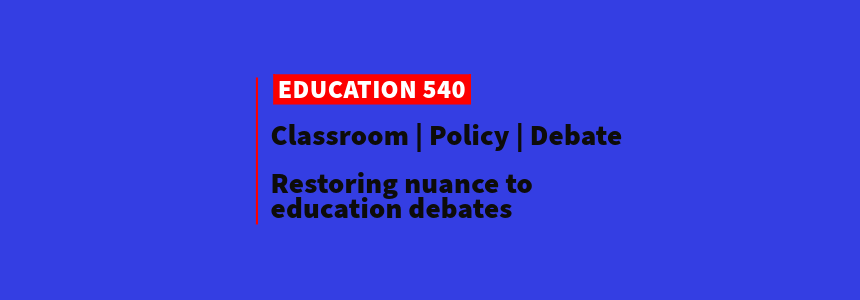In a previous professional life, I was immersed in the world of monastic scribes.
The study of long-deceased scribes and scripts is valuable if for no other reason than this. It reminds us that reading and writing does more than transmit culture. It sits at the core of our humanity.
To the uninitiated, the attraction can be hard to explain. But to those who’ve held 1,000-plus year-old documents in their hands, and poured over the clues left by those who wrote them to identify individual scribes and follow their careers, the experience is intoxicating.
It was a world open to very few – both then and now. The average person in medieval Europe couldn’t read, much less access the chanceries where the monks worked their magic. Today, far too few people – even those fluent in Latin – know how to read the texts left behind by scribal hands. Paleography (no offense, but look it up) is considered an “impractical” discipline that is frequently skewered as high-browed and elitist with no practical application. That is, there are no jobs one can do with it. (A statement which reflects the limited worldview of those who make it of paleography – as well as history, English, and related liberal arts disciplines.)
The study of long-deceased scribes and scripts is valuable if for no other reason than this. It reminds us that reading and writing does more than transmit culture. It sits at the core of our humanity.
The Driving Force of Humanity
The development of writing is no small turning point in time. It marks the beginning of what we know as history – some 5,000 years ago. Our earliest records are mundane – mostly business transactions. They give us names and the products people exchanged and other useful information. Even in this most base form, however, writing tells us a great deal about people long past and how they lived.
But some 4,000 years ago, we took a step forward. We decided to write down not just the mundane, but stories. Stories that explain who we are. Stories like The Epic of Gilgamesh.
It’s a story that explores the meaning of life. As Gilgamesh says:
Life, which you look for, you will never find. For when the gods created man, they let death be his share, and life withheld in their own hands.
The pessimism of this author more than four millennia ago still resonates with those whose religious views are defined by evangelical strains of Christianity – a tradition that suggests the only meaningful life is that which comes after you’ve lived.
Just as Gilgamesh expressed “Life … you will never find” on this earth, today’s evangelicals denounce the body as sinful and find solace only in escaping the pain of this life for the unbridled joy of a life beyond. Evangelicals, of course, are hardly alone.
The same pessimism infects many strains of the world’s religious traditions.
And why not? It’s an experience of life that is as old as the earliest writing that attempts to explain the meaning of life itself.
Trading meaning and thinking for … AI?
For more than 4,000 years, we have written to make sense of who we are.
The answers we arrive at are far less important, however, than the exercise we go through to put into words what we feel and conclude. Just because Gilgamesh reached conclusions that are shared by many today does not mean people have stopped searching. For no one answer will ever satisfy another. These are answers we must ultimately find for ourselves.
And it’s in the act of writing – whether in Mesopotamia pressing wedges into clay, in medieval chanceries inking words on to vellum, in putting pen to paper, or in stroking keys into a computer – we discover ourselves. And in so doing, we find our connections with all those before us who used writing to explore and define the greatest question of all.
This quest – to know who we are and why we are here – is what education has ultimately been about for more than 4,000 years.
But in the days of Gilgamesh, and through the days of the medieval scribes, and down to the 19th century, education was limited to those in power. Literacy was the glass ceiling that kept the greatest act of being human – using writing to discover ourselves – from ever reaching the hands of the masses.
For all the ills of capitalism, however, its greatest gift was to give that gift of literacy to everyone. Without it, work could not be done. So the keys to our humanity were passed to all.
Suddenly, those who had been denied the ability to write, found their voices, and their own definitions of life. And our understanding of the depths of the human experience has been expanding exponentially ever since.
And now, standing within site of the summit – universal literacy – we are willfully walking away from the summit, and handing our humanity over. To whom or to what, we don’t even know.
We aren’t being taken over by AI. We are blindly and willingly handing the tools of our own destruction to the executioner.
I reference, of course, the book burners and the book banners. Intellectually weak, insecure in their own humanity, but granted power by an equally illiterate populace, these people are acting like the elitists of the pre-capitalist world. They will deny the written word, and dumb learning down to filling in test bubbles, for no other purpose than to retain their own feeble grip on power.
To re-work Karl Marx a bit:
Illiteracy – not religion – is now the opiate of the masses.
More disturbing, however, is the willingness of those who should know better – those who have directly benefitted from a life of literacy – to surrender the art of writing to artificial intelligence.
We aren’t being taken over by AI. We are blindly and willingly handing the tools of our own destruction to the executioner.
And here-in lies the problem.
Yes – the book burners and book banners are fools. Their ignorance so overwhelming that they would force the rest of us to be as stupid.
But today, the literate are also becoming fools. They are willing to trade their very souls, just to avoid the painful process of learning to write. The one tool that allows each of us to discover our humanity.
And when the book burners and the literate have conspired effectively to convince us that reading – and the act of writing – are unnecessary ills that get in the way of a fulfilling life, we are surely staring down a world as bleak and as frightening as that Gilgamesh feared.
For when we cease to read; when we cease to write:
Life, which we look for, we will never find. For when the gods created man, they let illiteracy be his share, and the keys to life – the written word – withheld in their own hands






